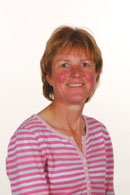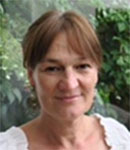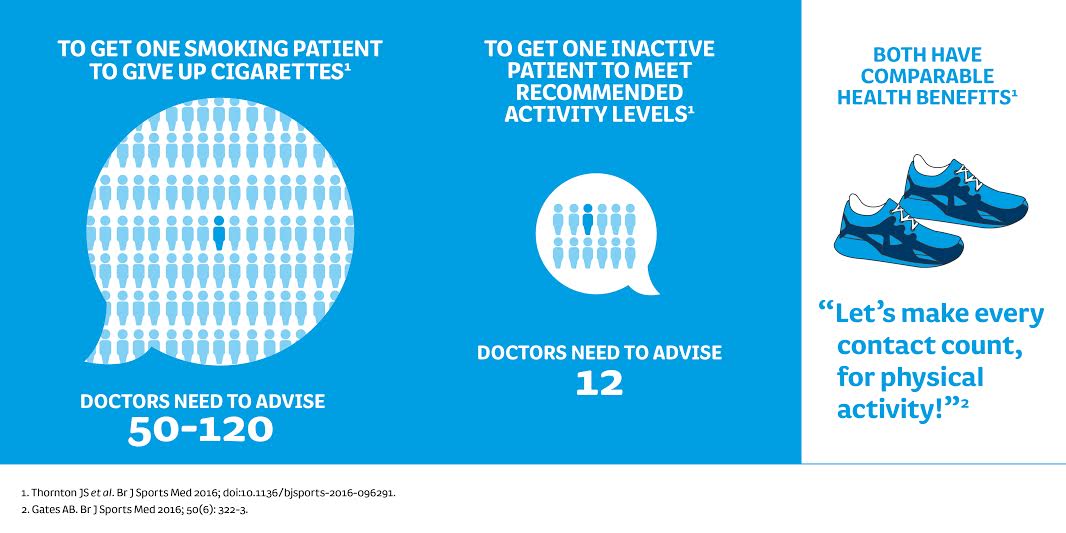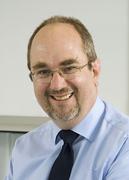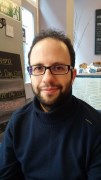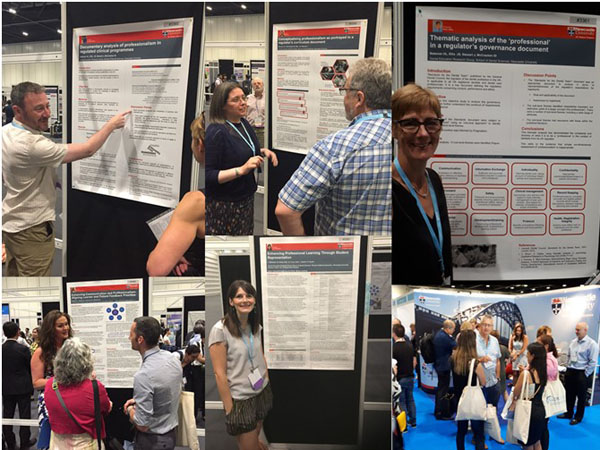 The 96th General Session of the International Association of Dental Research took place at the Excel London Convention Centre between 25-28th July.
The 96th General Session of the International Association of Dental Research took place at the Excel London Convention Centre between 25-28th July.
The IADR has over 11,000 members worldwide and so represents a superb opportunity for international showcasing of dental research. Included within the IADR programme are sessions devoted to Education research and on this occasion, Newcastle University’s Dental Educational Research Group was well represented.
Luisa Wakeling presented on her work on Student Voice with our Student-Staff committee – her poster ‘Enhancing professional learning through student representation’ prompted much interest.
Heidi Bateman is currently undertaking a PhD in which she is attempting to unpick the concept of professionalism through a documentary analysis approach. Heidi and her three supervisors (Jane Stewart, Giles McCracken & Janice Ellis) presented a triptych of posters which explored some of her fascinating findings to date;
- Thematic Analysis of the ‘Professional’ in a Regulator’s Governance Document
- Conceptualising Professionalism as Portrayed in a Regulators Curriculum Document
- Documentary Analysis of Professionalism in Regulated Clinical Programmes
The final poster was presented by Ashleigh Stamp, a clinical fellow in the School, who has been working with patients to deliver feedback on dental student performance in clinical examinations; Enhancing Communication and Professionalism; aligning learner and patient feedback priorities
Finally Zoe Freeman, another of our clinical fellows, gave an oral presentation on her work developing an instrument for gathering patient feedback on the undergraduate clinical programme. This work was supported by an ERDP grant and is now coming to fruition with the instrument being used for the first pilot at the end of last academic year (Obtaining patient feedback for quality assurance of Undergraduate Dental Teaching).
As well as having the opportunity to present research the meeting provided a superb opportunity to establish collaborations and network with colleagues from around the globe. We are now looking forward to increasing Newcastle’s representation at this annual conference as it moves to Vancouver in 2019.

